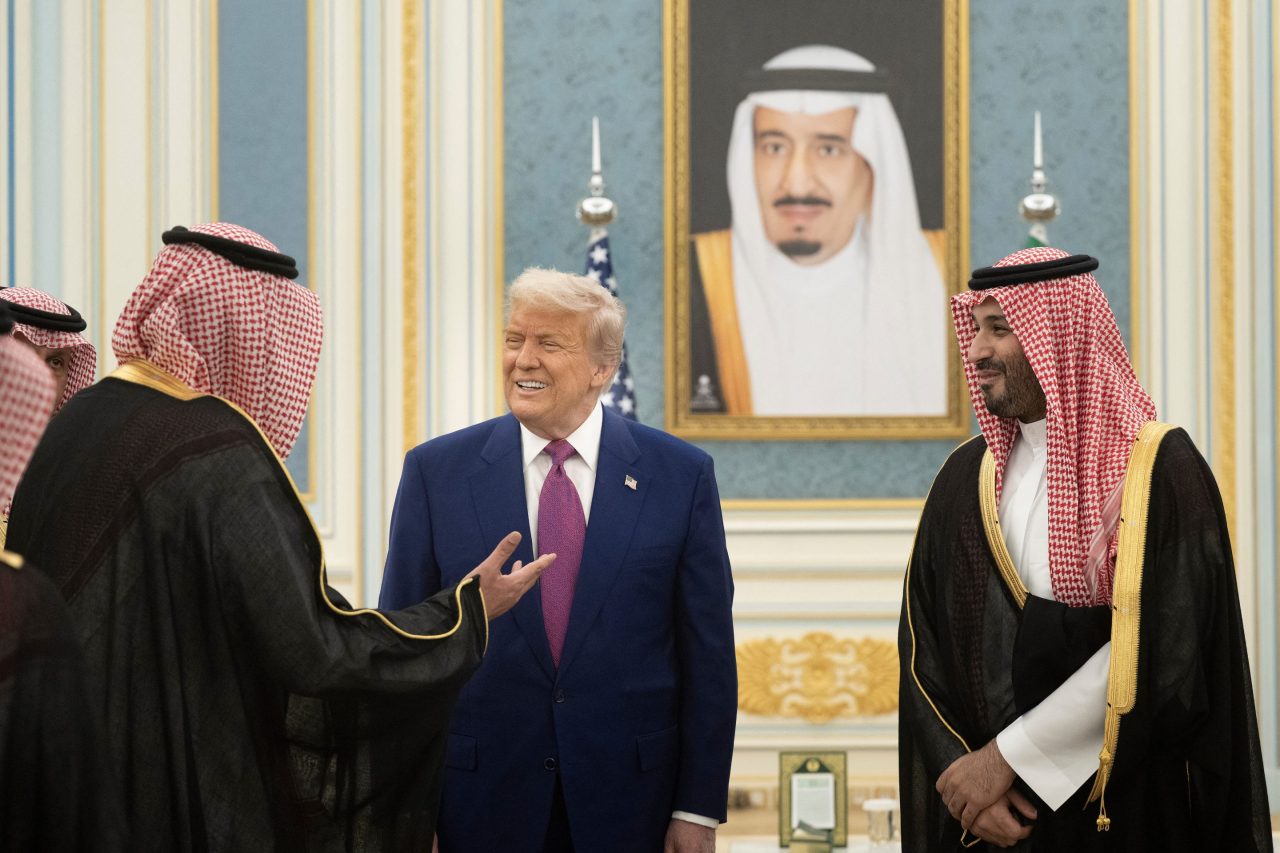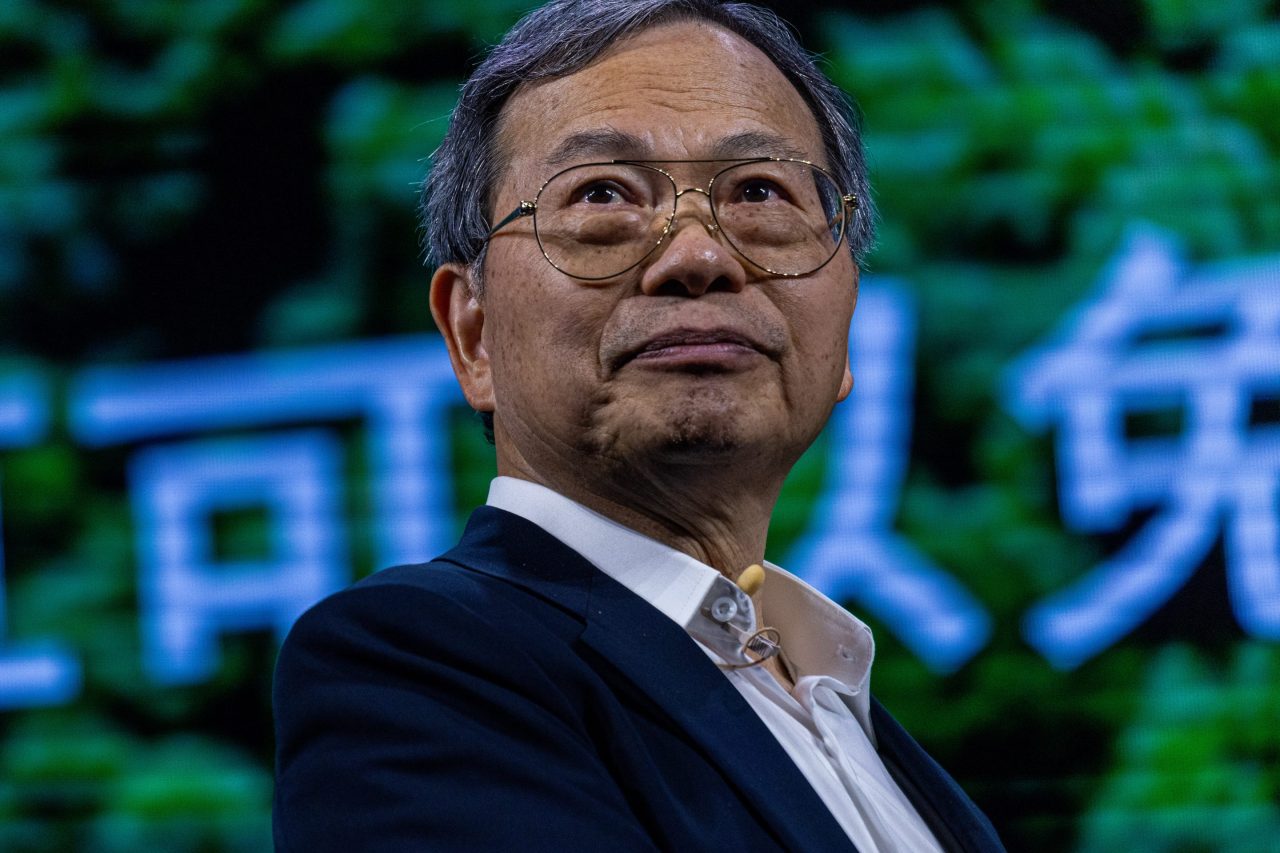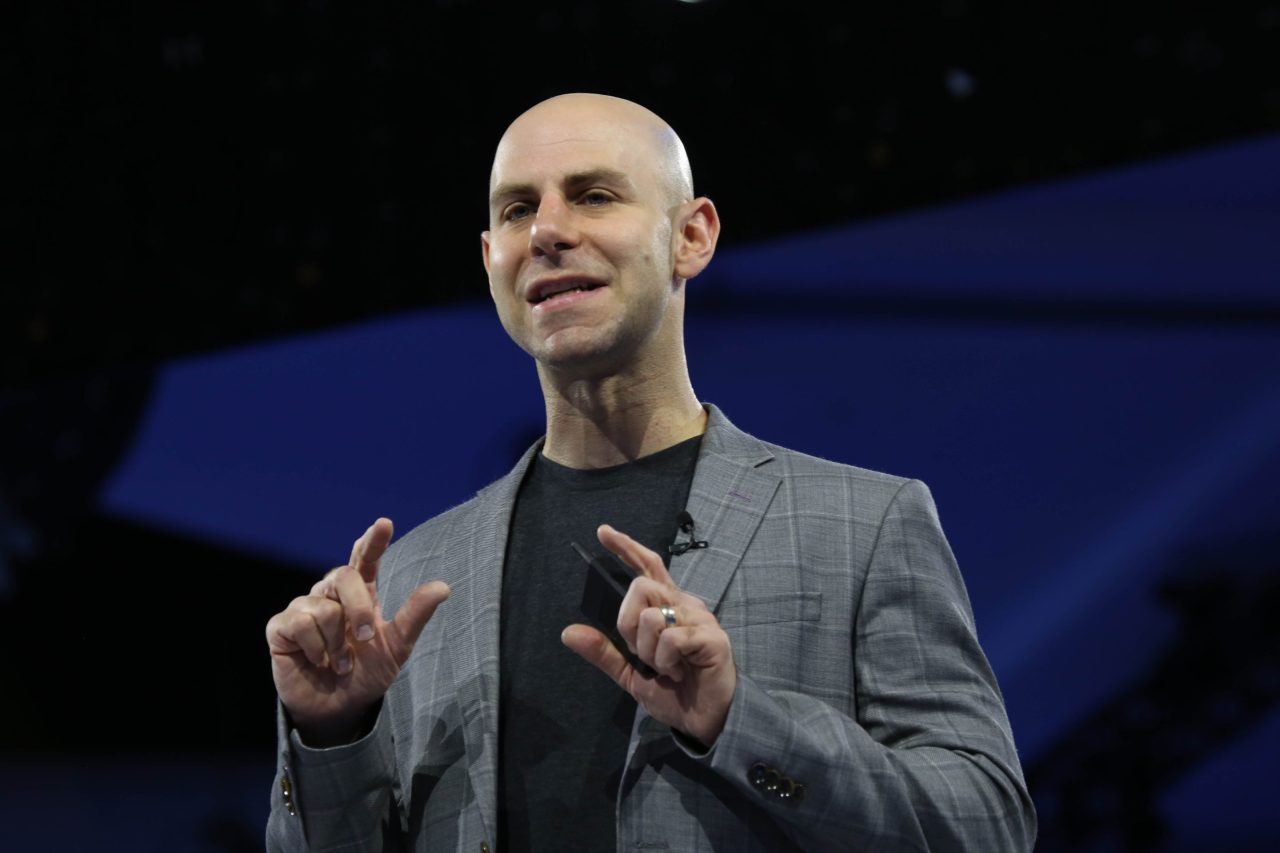As Saudi Arabia shifts from oil to AI, the kingdom plans multi-billion-dollar data center projects. U.S. tech firms and Donald Trump may play key roles. Discover how politics, power, and AI are shaping Saudi Arabia’s future.
Introduction: From Oil Wells to Data Servers
For decades, Saudi Arabia has built its wealth on oil. But with climate change, fluctuating crude prices, and a global pivot toward renewables, the kingdom is planning a monumental economic transition. At the heart of this transformation is artificial intelligence (AI) — and the sprawling AI data centers Saudi Arabia is now building may become the new “oil fields” of the 21st century.
This AI-powered vision is supported by a complex mix of geopolitics, economic ambitions, and international alliances. Among those showing keen interest: Donald Trump and major U.S. tech giants. With billions of dollars at stake, this emerging partnership could shape the global future of AI, cloud computing, and Middle Eastern influence.
Vision 2030: A Data-Driven Dream
The foundation of Saudi Arabia’s pivot away from oil is Vision 2030 — a strategic national plan launched by Crown Prince Mohammed bin Salman (MBS). Its mission? To diversify the economy, invest in innovation, and reduce the kingdom’s dependency on fossil fuels.
Key Pillars of Vision 2030 Include:
- Developing tech infrastructure
- Promoting digital transformation
- Creating high-skilled jobs for Saudi youth
- Building futuristic cities like NEOM
- Partnering with global tech firms for knowledge transfer and innovation
At the center of these efforts are AI supercomputers, quantum processing hubs, and vast data center complexes powered by clean energy and sovereign wealth.
Saudi Arabia’s AI Ambitions: Bigger Than Silicon Valley?
In 2024 and 2025 alone, Saudi Arabia pledged over $40 billion to AI infrastructure, making it one of the largest state-backed tech investments in the world. The goal is not just to compete — but to lead.
Saudi AI & Data Projects in the Pipeline:
- NEOM Tech & Digital Holding Company: Spearheading the creation of data lakes, smart city operations, and AI analytics.
- Partnerships with Microsoft, Oracle, and AWS: These giants are already in talks (or in business) with Saudi Arabia for cloud services and infrastructure expansion.
- The Alat Project: Backed by the PIF (Public Investment Fund), this initiative aims to build local chip manufacturing and AI hardware capabilities.
These centers are being designed to support generative AI, machine learning, robotics, autonomous mobility, and national cybersecurity — making Saudi Arabia a potential global AI hub.
The Trump Factor: Business Meets Politics
Donald Trump, whether in or out of office, remains a significant player in U.S.-Saudi relations. During his presidency, he cultivated a close relationship with MBS and approved record-breaking arms deals, opening the door to broader economic cooperation.
Now, as a powerful businessman and political influencer, Trump’s Trump Media & Technology Group, along with aligned venture capitalists, see opportunity in Saudi Arabia’s AI future.
Why Trump-Aligned U.S. Tech May Join the Game:
- Big capital returns: Saudi Arabia is offering billions in investment incentives, including land, subsidies, and tax breaks.
- Geopolitical leverage: Building AI infrastructure in Saudi Arabia could extend U.S. influence in the Middle East.
- Counterweight to China: Saudi Arabia is also courting China for AI help — which may push the U.S. to act fast to maintain dominance.
With the 2024 U.S. election in hindsight and 2028 on the horizon, Trump’s influence on business deals in the region is far from over.
U.S. Tech Giants Eye the Kingdom
Major players like Google Cloud, Amazon Web Services (AWS), NVIDIA, Microsoft, and OpenAI are in various stages of partnership or negotiation with Saudi stakeholders. Their incentives are clear:
What’s In It for U.S. Tech Companies?
- Access to Sovereign Wealth: The PIF (valued at over $700 billion) is aggressively investing in frontier technologies.
- Market Expansion: The Gulf region is a fast-growing market for cloud, fintech, healthcare AI, and smart infrastructure.
- Strategic Alignment: Saudi Arabia offers streamlined regulation, high-speed rollout of data zones, and long-term contracts.
For example, Oracle recently announced plans to open multiple cloud regions in Saudi Arabia, citing regulatory clarity and massive demand for digital transformation.
Data Sovereignty & Geopolitical Risks
While the AI opportunity is lucrative, it’s also risky. Saudi Arabia’s authoritarian regime, human rights controversies, and censorship practices pose ethical and political questions for U.S. firms.
Potential Concerns:
- Data localization laws may restrict cross-border information flow.
- Surveillance risks and AI misuse in social monitoring.
- Dependence on state contracts, which may shift with global politics.
- Reputational damage from partnering with authoritarian governments.
Still, the scale and speed of Saudi investment are too large for most companies to ignore.
The New Oil: AI, Data & Digital Infrastructure
By investing in AI, Saudi Arabia is replicating its oil-era strategy: control the source, dominate the supply chain, and shape global markets.
Just like oil gave Saudi Arabia leverage in the 20th century, data and AI infrastructure may give it power in the 21st. With energy-hungry data centers running on solar-powered deserts and quantum cloud systems built in sovereign tech parks, the kingdom is aiming to own the rails of tomorrow’s economy.
Will Saudi Arabia Succeed in Becoming an AI Powerhouse?
The plan is bold, but not without precedent. Countries like Singapore, South Korea, and the UAE have built world-class tech ecosystems from scratch using state-backed funds and strategic planning.
Saudi Arabia has:
- Money (via PIF)
- Vision (via MBS and Vision 2030)
- Global partners (including U.S. tech giants and China)
The key difference? Saudi Arabia’s centralized control and high-speed execution, which could either accelerate innovation — or hinder it through bureaucracy or censorship.
Conclusion: A Digital Kingdom Rising
Saudi Arabia’s bid to replace oil with AI data centers is more than an economic plan — it’s a national identity shift. With Trump-era ties and current U.S. tech leaders eyeing the prize, this alliance could reshape geopolitics, economics, and the internet itself.
As Saudi Arabia moves from petroleum to processing power, the question isn’t whether it will build the infrastructure — it’s who will help build it, and at what cost.




